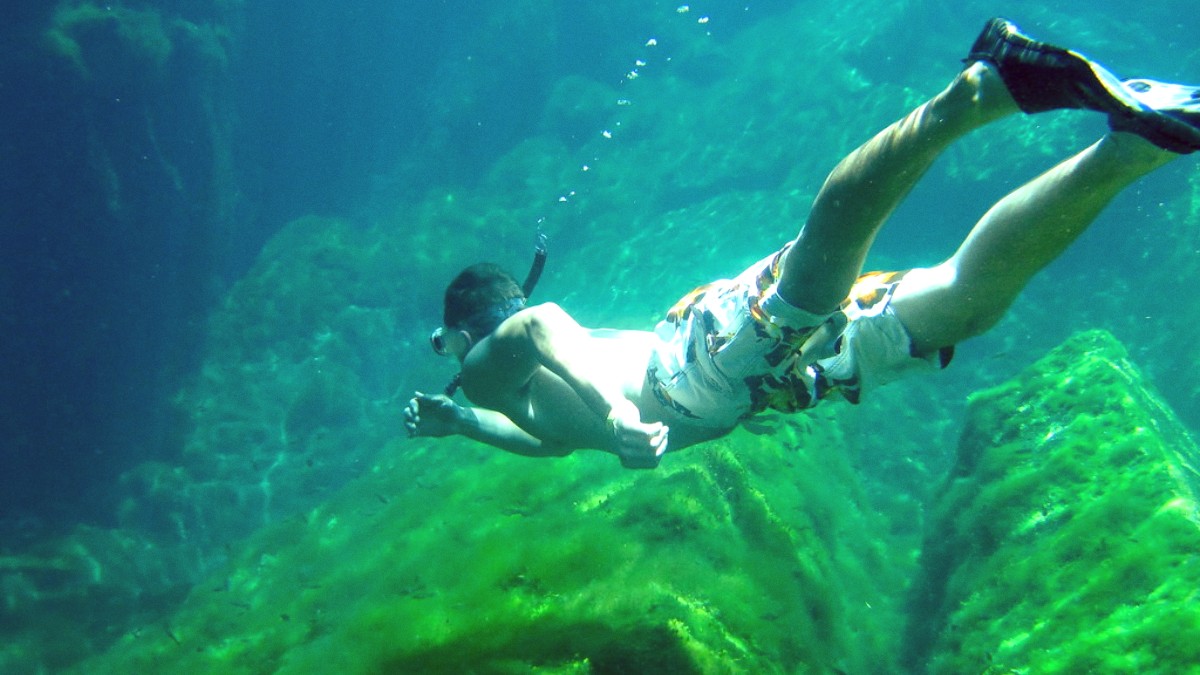
Yucatan Peninsula, Mexico
The dry season, from November to April, offers lower humidity and minimal rainfall. Average daytime temperatures range from 25-28°C (77-82°F). Sunny days are perfect for beach relaxation and outdoor activities. Evenings bring a comfortable coolness. This season avoids summer's intense heat and higher hurricane risk.
This period is Puerto Morelos's peak tourist season, and for good reason. The prevailing winds during this time help keep the sargassum (seaweed) at bay, leading to clearer beaches.
The Atlantic hurricane season runs from June 1 to November 30. While direct hits are rare, preparedness is wise. Purchase comprehensive travel insurance that covers hurricane-related trip interruptions.
Sargassum (seaweed) quantities vary, usually more from April to August. Local authorities work daily to clean beaches. The offshore reef has clear waters for snorkeling and diving.
(Mid-December to April)
Weather is at its best: low humidity, comfortable temperatures, minimal rain.
Higher prices for flights and accommodation; more crowded attractions.
(May, November, Early December)
Good balance of pleasant weather and fewer crowds; competitive prices.
May is hot and humid. Hurricane season extends into November.
(June to October)
Great for budget travelers with significantly lower prices, fewer crowds.
Wet season with increased rain, high humidity, peak hurricane risk.
Snorkeling and diving: November to May offers the best water clarity in the National Reef Park.
Cenotes are enjoyable year-round. During the wet season, they offer a refreshing escape from the humidity.
November to April offers the most comfortable weather.
June to October provides the best value.
Visit during shoulder or low season for tranquility.
November to May offers the best water clarity and visibility.
Natural attractions are excellent choices year-round.
Mexico has clear guidelines for visitors, with many nationalities enjoying visa-free travel for tourism purposes.
Citizens from the United States, Canada, United Kingdom, European Union (Schengen Area), Australia, and Japan generally do not need a visa for tourist stays up to 180 days.
Always carry the following documents with you when you travel to Puerto Morelos.
Puerto Morelos offers options for every budget, from economical backpacking to luxurious resort stays.
Eat local at "cocinas económicas" in the Colonia for cheaper, authentic food. Use colectivos for inter-town travel. Cook some meals with groceries from local supermarkets. Carry a Reusable water bottle.
While generally a safe and welcoming destination, awareness of common issues and preparedness addresses any challenges.
Mexico does not have mandatory vaccination requirements for entry from most countries.
Consult a healthcare professional about routine, Hepatitis A, and Typhoid vaccinations.
Consider Hepatitis B or Rabies for extended stays or specific activities.
Traveler's Diarrhea: Drink bottled water, eat thoroughly cooked food, wash hands frequently.
Sunburn & Heatstroke: Use high-SPF Reef-safe sunscreen, wear a Hat and Sunglasses, stay hydrated. Seek shade during peak sun hours (10 AM - 4 PM).
Mosquito-borne Illnesses: Use Insect repellent containing DEET, wear long sleeves during dawn/dusk.
Minor Cuts & Scrapes: Wear Water shoes in the ocean, clean cuts immediately. Carry Over-the-counter anti-diarrhea medication and rehydration salts.
Puerto Morelos has local clinics and well-stocked pharmacies.
For serious emergencies, excellent private hospitals are in Cancun or Playa del Carmen.
For all emergencies (Police, Fire, Ambulance), dial 911 in Mexico.
Puerto Morelos is generally safe with a lower crime rate than larger cities.
Tap water in Puerto Morelos is not safe for consumption. Stick to bottled or purified water.
Avoid tap water for drinking and brushing teeth.
Be cautious with ice, ensure it is made from purified water.
Eat at clean, busy establishments. Be cautious with street food; ensure it is cooked fresh and hot.